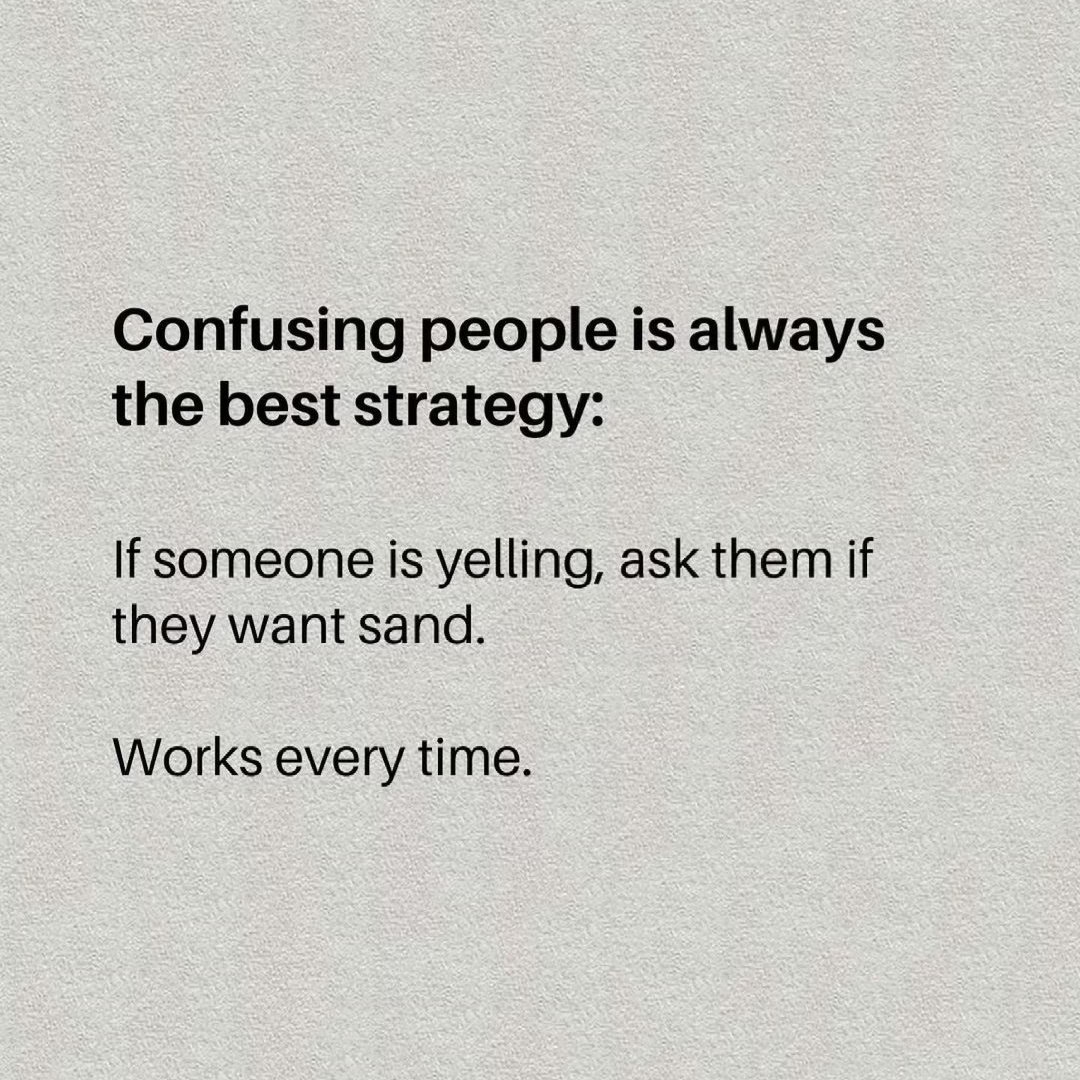Dealing with arguments effectively can be challenging. Here are seven strategies to employ when someone is arguing with you:
- Active Listening: Pay close attention to their points and emotions. Show empathy and understanding to defuse tension.
- Stay Calm: Maintain a composed demeanor and avoid reacting emotionally. This can help de-escalate the situation.
- Ask Clarifying Questions: Seek clarity on their arguments. Encourage them to explain their perspective, which can expose misunderstandings.
- Find Common Ground: Identify shared viewpoints or goals to build rapport and steer the conversation towards agreement.
- Use “I” Statements: Express your feelings and thoughts without blaming or accusing. For example, “I feel that…” instead of “You always…”
- Agree to Disagree: Sometimes, it’s okay to acknowledge that you have differing opinions. Agreeing to disagree can end an argument on amicable terms.
- Offer Solutions: Propose practical solutions or compromises to move forward positively, resolving the issue constructively.

7 Effective Strategies for Handling Arguments with Grace and Diplomacy
Dealing with arguments can be a challenging aspect of communication, but it’s a skill that’s worth mastering. Whether you’re faced with a disagreement in a personal relationship, a heated discussion at work, or a passionate debate online, employing effective strategies can help you navigate these situations with grace and diplomacy. In this article, we will explore seven valuable techniques to handle arguments more constructively.
1. Active Listening: The Power of Empathy One of the most crucial skills when dealing with an argument is active listening. This involves genuinely hearing the other person’s point of view, acknowledging their emotions, and showing empathy. By listening attentively, you not only gain a better understanding of their perspective but also create an atmosphere of respect and open communication.
2. Keeping Your Cool: Stay Composed and Calm When arguments become heated, it’s easy to get emotionally involved. However, maintaining a calm and composed demeanor is key to diffusing tension. Responding with anger or frustration can escalate the situation and hinder a productive conversation.
3. Seek Clarity: Ask Clarifying Questions To resolve misunderstandings, ask clarifying questions. Encourage the other person to explain their viewpoint and reasoning. This not only helps you gain insight into their perspective but also signals your willingness to engage in a meaningful conversation.
4. Find Common Ground: Building Bridges to Agreement In any argument, there are often shared viewpoints or goals that can serve as a foundation for agreement. Identifying these commonalities can help you build rapport and steer the conversation towards resolution.
5. Use “I” Statements: Expressing Feelings Respectfully To express your feelings and thoughts without placing blame, employ “I” statements. For example, say “I feel that…” instead of “You always…” This approach shifts the focus from attacking the other person to conveying your emotions and thoughts, fostering better understanding.
6. Agree to Disagree: When Differences Persist Sometimes, despite your best efforts, you and the other party may not reach a consensus. In such cases, it’s perfectly acceptable to acknowledge that you have differing opinions. Agreeing to disagree can be a mature and respectful way to end the argument without animosity.
7. Offer Solutions: Moving Towards Resolution In the spirit of compromise and cooperation, propose practical solutions or compromises that can help you move forward positively. Offering solutions demonstrates your commitment to resolving the issue and improving the situation.
Conclusion: Handling arguments with grace and diplomacy is a valuable skill that can enhance your personal and professional relationships. By employing active listening, keeping your composure, asking clarifying questions, finding common ground, using “I” statements, agreeing to disagree when necessary, and offering solutions, you can turn potentially heated debates into constructive conversations. The goal is not to “win” the argument but to foster understanding and resolution.
AGULI STAFF DESK









